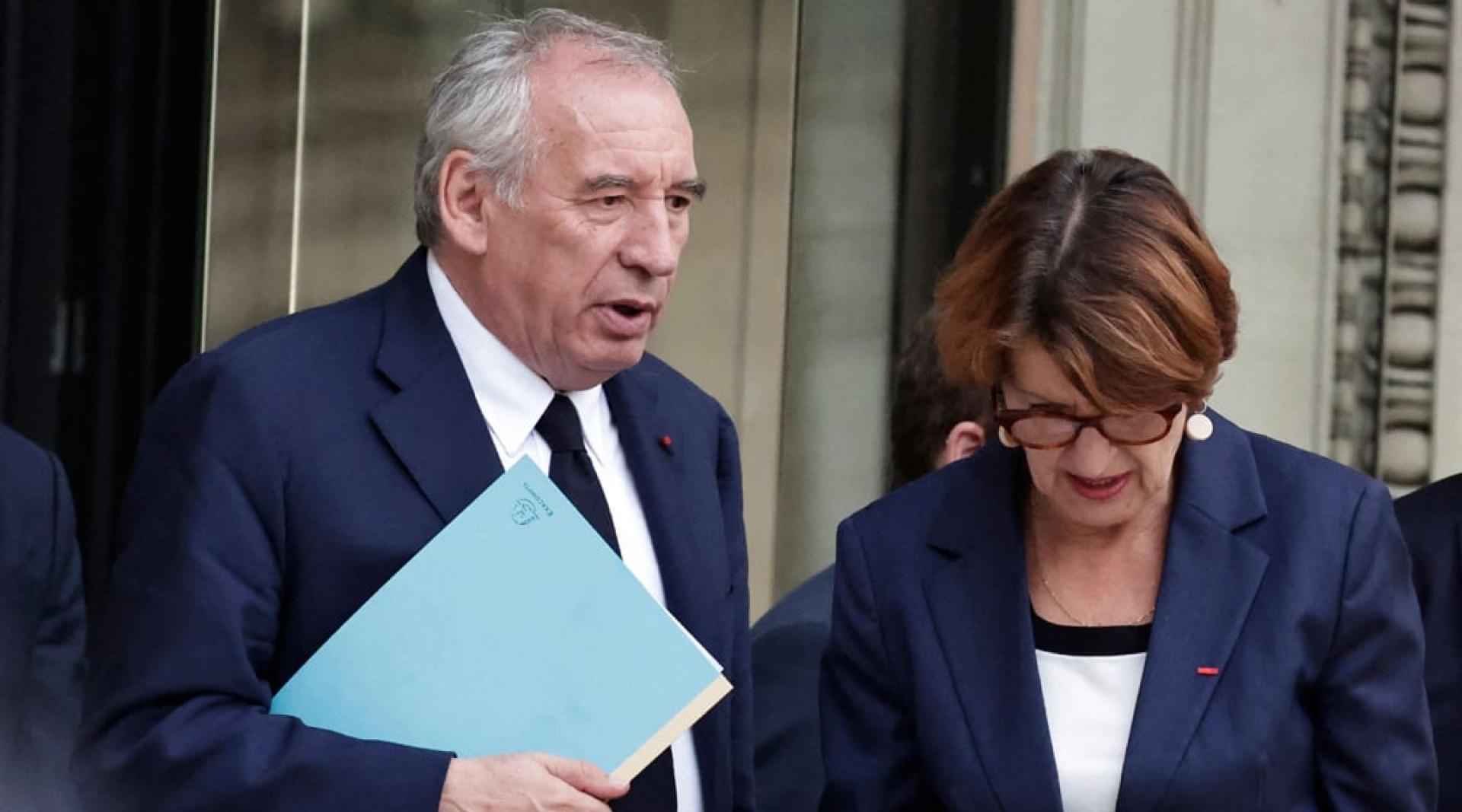French Prime Minister Bayrou's government failed to pass a confidence vote in the National Assembly (the lower house of Parliament) on the 8th, and Bayrou will submit the government's resignation to President Macron.
That afternoon, Bayrou delivered a policy speech in the National Assembly regarding France's public debt situation, and sought a confidence vote on the matter. In the end, he received 194 votes in favor and 364 votes against. The supporting votes mainly came from centrist MPs allied with Bayrou and some right-wing Republican MPs, while the opposition votes came mainly from left-wing and far-right MPs. According to relevant laws, since the number of supporting votes for Bayrou's government was less than the opposition, the government failed the confidence vote and must resign.
That evening, the French presidential office issued an announcement saying that Macron will accept the resignation of the government, submitted by Bayrou on the 9th, and will appoint a new prime minister in the following days. As is customary, Bayrou's government will continue to handle day-to-day administrative affairs and emergency management until a new prime minister is appointed.
Bayrou, 74, is chairman of the centrist Democratic Movement Party, and became Prime Minister on December 13 last year. He is regarded by French public opinion as a staunch political ally of Macron.
In July this year, Bayrou released France's 2026 draft budget, planning to cut fiscal spending by 43.8 billion euros (approximately 217 billion ringgit) to guard against further escalation of public debt risks. The plan caused considerable controversy, and public opinion held it would be difficult to pass in the National Assembly and could trigger parliamentary impeachment of the government. For this reason, on August 25, Bayrou announced that he would seek a confidence vote in the National Assembly. In recent days, public opinion has believed Bayrou's resignation was inevitable.
Last June, Macron dissolved the National Assembly and called early parliamentary elections. The new parliament now features a tripartite balance of left-wing, centrist, and far-right blocs, and the government lacks a stable majority in the chamber. In December last year, then-Prime Minister Barnier was impeached and resigned by the National Assembly after serving only three months, and Bayrou, who succeeded him, has now been forced to step down in less than nine months.
There have been repeated calls in the French political arena for Macron to resign and call an early presidential election, but Macron has clearly refused. The next presidential election is scheduled for 2027.
